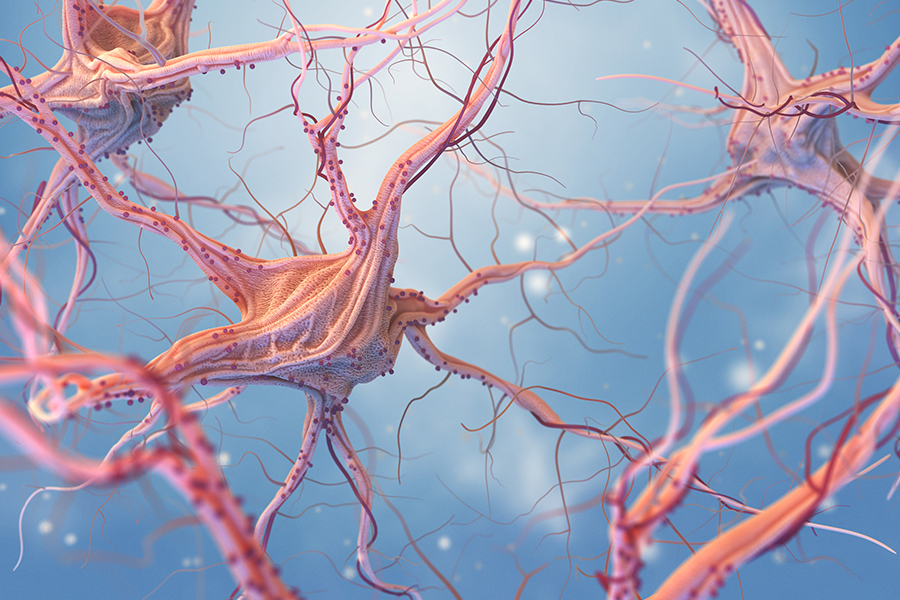
For decades, scientists believed the brain and immune system operated largely independently. The brain was thought to be “immune-privileged,” shielded from immune activity by the blood-brain barrier. However, groundbreaking research over the past decade has revealed a much more dynamic relationship: the brain and immune system are in constant communication.
This discovery is reshaping neurology, offering new insights into conditions like Alzheimer’s, Parkinson’s, multiple sclerosis, and even mental health disorders.
How the Brain and Immune System Communicate
1. The Lymphatic System in the Brain
In 2015, researchers discovered lymphatic vessels in the brain, challenging long-held beliefs. These vessels help drain waste and immune cells, proving the brain is directly connected to the body’s immune network.
2. Microglia: The Brain’s Immune Cells
Microglia are specialized immune cells within the brain that monitor damage, clear debris, and fight infections. However, when overactive, they may contribute to neurodegenerative diseases.
3. Cytokines and Inflammation
The immune system releases chemical messengers called cytokines. These can cross into the brain and influence mood, cognition, and disease risk. Chronic inflammation has been linked to depression, brain fog, and dementia.
Why This Connection Matters
Neurological Disorders
- Alzheimer’s disease – inflammation and immune dysfunction may accelerate plaque buildup in the brain.
- Parkinson’s disease – immune system overactivity may worsen nerve cell loss.
- Multiple Sclerosis (MS) – caused by immune cells mistakenly attacking protective nerve coverings.
Mental Health
Studies show immune system imbalances can affect neurotransmitters like serotonin and dopamine, contributing to anxiety and depression.
Infections and Brain Health
Viruses and bacteria can trigger immune responses that impact brain function, something seen in conditions like Long COVID.
Emerging Treatments from Brain-Immune Research
1. Immunotherapy for Neurological Disease
Researchers are exploring therapies that adjust immune system activity to slow diseases like Alzheimer’s or MS.
2. Anti-Inflammatory Approaches
Medications and supplements that reduce chronic inflammation may protect long-term brain health.
3. Lifestyle Interventions
- Nutrition – anti-inflammatory diets rich in omega-3s, fruits, and vegetables support both brain and immune function.
- Sleep – poor sleep disrupts immune regulation and brain repair.
- Exercise – regular physical activity reduces inflammation and boosts circulation.
- Stress management – mindfulness and meditation positively influence both immune activity and brain health.
The Future of Neuroimmunology
The growing field of neuroimmunology is unlocking new pathways for treating brain diseases. By targeting the brain-immune system connection, scientists hope to develop therapies that not only treat symptoms but also slow or prevent neurological decline.
Final Thoughts
The emerging science of brain-immune connection is transforming how we view neurological health. Far from being separate systems, the brain and immune system work together constantly sometimes for healing, other times in ways that contribute to disease.
As research advances, patients may soon benefit from treatments that harness this connection to protect the brain and improve overall wellbeing. For now, lifestyle choices that support both immunity and brain health remain powerful tools for prevention. For any assistance related to brain health issues, schedule a consultation today.
